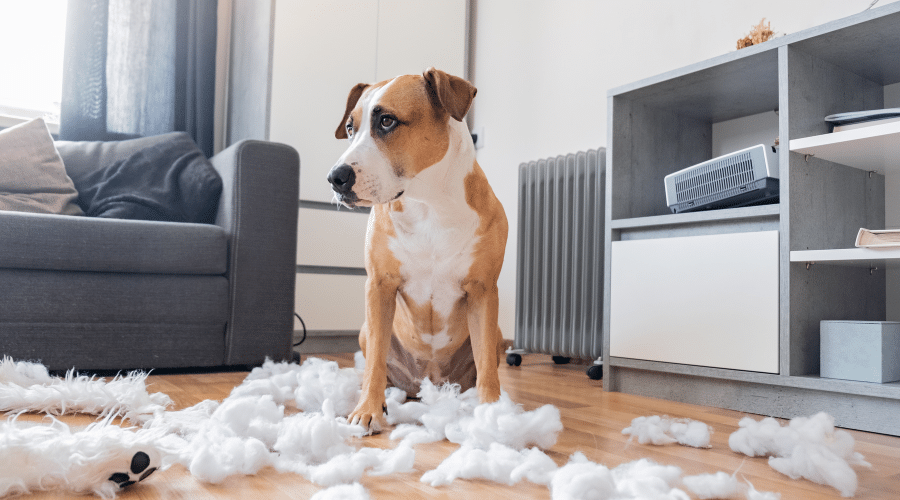
93 Tytton Lane East, Wyberton, Boston, Lincolnshire, PE21 7TD
+44 (0) 1205 619055
info@janfennellthedoglistener.com
Registered in England No. 6623023, VAT No. 971430917
Home / What Does “Living in The Now” Mean?


I, like many people, have looked at the work of those who seek to inspire us to achieve all that we can, believe that we can make things happen and succeed, even in many areas that are out of our comfort zone or current experience. Many of these inspirational people encourage us to live in the ‘now’, rather than live in a way that means we do not appreciate the good things happening in our present, or that stifles our creativity because of fear of possible failure. Unfortunately, “living in the now” is extremely difficult for a human to do because our lives are organised by planning everything ahead; that’s our human experience of life.
Just as with recent topic of ‘trust’, we can easily fall into the trap of assuming that our own experience must the same for all other living beings, without bothering to try and understand that their view of the world may be nothing like ours. That’s a mistake and very unfair on our pets.
Each morning when we (thankfully) wake up, we begin to think of the day that lays in front of us: Should we leap out of bed to meet the day or just turn off the alarm and snuggle back down under the warm duvet for a little while longer?, What clothes should we wear to that very important meeting?, Where should we go for lunch?. It is almost guaranteed that most people would have mentally run through their day before setting one foot out from under the bed cover.
I have made an appointment to meet a lady, to discuss how best to approach something that we are both trying to achieve. In addition, I have been transferring information onto my laptop ready for the courses that I am teaching in a few days time. These are all actions based on the assumption that these events will occur and that I’m still going to be here to take part!
The process of “planning” is unique to us humans but when a dog (or any other species) wakes, it simply knows that it exists and deals with whatever comes its way; it really lives in the “now” and because we don’t, it is difficult for us to remember to allow for how a dog thinks, that it has no concept of the future, or what may, or may not, happen. It does not think about tonight, tomorrow, next month or next year. They, exist only in the present, assisted in dealing with whatever occurs each day by their previous life experiences
Our lack of understanding about their perception of the world is extremely unfair and actually exacerbates many of the problems our dogs experience, in our man-made world. Think about what goes through a dog’s mind when its owner stands, hand on the front door, proclaiming that ‘I won’t be long I’m only going to the supermarket’ and then disappears out into the big world. Of course, the reality is that ,when people say that they ‘won’t be long’, they have absolutely no way of knowing this to be a fact, rather than just an assumption that they will be able to return. It is this assumption that causes the difficulties; we think that somehow our dogs will also “know” we’ll return in a short while.
When you go out of the door, no dog can know that you will definitely be coming back, as you don’t know that either. A dog will only know that you are gone and this results in the increasingly common problem of separation anxiety, or rather, absolute panic!
Once we understand our dogs live without assumption, we can more readily recognise the causes of some of the behaviour they occasionally exhibit, behaviour that seems illogical to us. Think about the cause of the many rituals some dogs go through when a guest or visitor arrives; your dog does not know that this visitor will be leaving in a relatively short time. To your dog, the pack has just increased in number and that dog has to now re-establish its place in the hierarchy of the new group. If your visitors fuss the dog upon arrival, they are paying homage to the dog and demonstrating its superior status, something that means your dog now has the additional stress of being responsible for them!
If we make some effort to see the world through our dogs’ eyes (as best we can) we will be able to be a lot more forgiving when we return to find our dog has been on the furniture or chewed an item of furniture or clothing that we were stupid enough to leave accessible in the first place. If you don’t want a dog on the furniture, in your absence, shut off access to the room. If you don’t want precious items destroyed, put them away, out of reach. By assuming that any dog has any understanding of guilt, or about being ‘naughty’, will only cause both you and your dog unnecessary grief and no one needs that.
We should give dogs their due respect and love them for what they are; dogs!
Sincerely,
Jan
.



93 Tytton Lane East, Wyberton, Boston, Lincolnshire, PE21 7TD
+44 (0) 1205 619055
info@janfennellthedoglistener.com
Registered in England No. 6623023, VAT No. 971430917
© 2022 Jan Fennell International Dog Listeners Ltd.
| Cookie | Duration | Description |
|---|---|---|
| cookielawinfo-checkbox-analytics | 11 months | This cookie is set by GDPR Cookie Consent plugin. The cookie is used to store the user consent for the cookies in the category "Analytics". |
| cookielawinfo-checkbox-functional | 11 months | The cookie is set by GDPR cookie consent to record the user consent for the cookies in the category "Functional". |
| cookielawinfo-checkbox-necessary | 11 months | This cookie is set by GDPR Cookie Consent plugin. The cookies is used to store the user consent for the cookies in the category "Necessary". |
| cookielawinfo-checkbox-others | 11 months | This cookie is set by GDPR Cookie Consent plugin. The cookie is used to store the user consent for the cookies in the category "Other. |
| cookielawinfo-checkbox-performance | 11 months | This cookie is set by GDPR Cookie Consent plugin. The cookie is used to store the user consent for the cookies in the category "Performance". |
| viewed_cookie_policy | 11 months | The cookie is set by the GDPR Cookie Consent plugin and is used to store whether or not user has consented to the use of cookies. It does not store any personal data. |